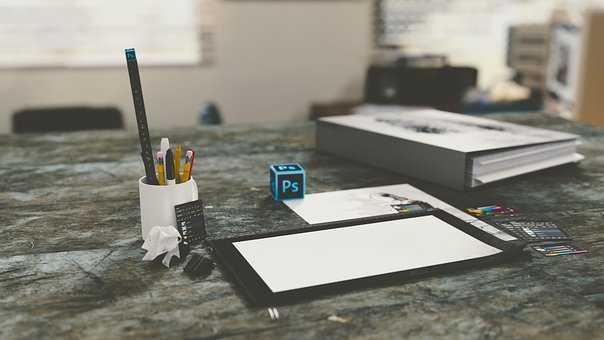When productivity becomes an addiction
Curated from: bbc.com
Ideas, facts & insights covering these topics:
6 ideas
·49.4K reads
202
3
Explore the World's Best Ideas
Join today and uncover 100+ curated journeys from 50+ topics. Unlock access to our mobile app with extensive features.
Being a productivity junkie
The brain can become addicted to productivity just as it can to other addiction sources, such as drugs, gambling, or shopping.
As with all addictions, the desire for the stimulant continues to increase while withdrawal symptoms include increased anxiety, depression, and fear.
1.78K
15.7K reads
Society encourages workaholics
What makes addiction to productivity complicated is that society tends to reward it - the more you work, the better. A workaholic might be earning a lot of money, but in the long run, the detrimental effects outweigh the short-term benefits.
Addiction affects the brain's reward system. It results in compulsive behavior while disregarding harmful consequences.
1.45K
8.36K reads
Obsession with productivity
At the root of obsession with productivity is a fear of wasting time. Everything is seen as either productive or unproductive.
Buying groceries is seen as productive because you have to eat, while a hobby is viewed as unproductive. Productivity junkies are overly focused on a single aspect of their life. Potential sources of pleasure, such as spending time with loved ones, are very low on the list.
1.55K
6.84K reads
Three types of work addicts
- The efficiency obsessive. They are hyper-organised and obsessed with detail. They are the master of inbox zero. However, they have lost sight of the big picture and don't know how to distinguish between efficiency and effectiveness.
- The selfish productive. They are obsessed with their own goals, and if they are asked to collaborate, they aren't interested. They do have the big picture in mind, but they remain the biggest focus.
- The quantity obsessed. They mistakenly equate productivity with output. They think the more tasks they do, the higher their performance. They are more prone to fall prey to burnout.
1.61K
6.28K reads
Workaholics acknowledge their unsustainable way of working
High performers who are extremely productive describe their work style as unsustainable. They acknowledge that they need help getting back on track.
There will come a point when performance suffers, and the effects become potentially life-threatening. It is essential to address the warning signs - such as rushing through a family meal to return to work - and to take steps to modify habits.
1.32K
5.51K reads
Overcoming extreme productivity addiction
- Limit the amount of time spent on an individual task to 45 minutes. To create higher quality output, don't allow interruptions.
- Create a 'not-to-do list' to avoid over-scheduling.
- Take five minutes at least five times a day to stop completely. Go for a walk outside.
- Make room for fun, laughter, and meaningful relationships. At the end of peoples' lives, they don't wish they worked longer hours. They wish they'd spent more time with family or traveled more.
1.64K
6.69K reads
IDEAS CURATED BY
Logan 's ideas are part of this journey:
Learn more about timemanagement with this collection
Creating a productive schedule
Avoiding procrastination
Prioritizing tasks effectively
Related collections
Similar ideas
Read & Learn
20x Faster
without
deepstash
with
deepstash
with
deepstash
Personalized microlearning
—
100+ Learning Journeys
—
Access to 200,000+ ideas
—
Access to the mobile app
—
Unlimited idea saving
—
—
Unlimited history
—
—
Unlimited listening to ideas
—
—
Downloading & offline access
—
—
Supercharge your mind with one idea per day
Enter your email and spend 1 minute every day to learn something new.
I agree to receive email updates

